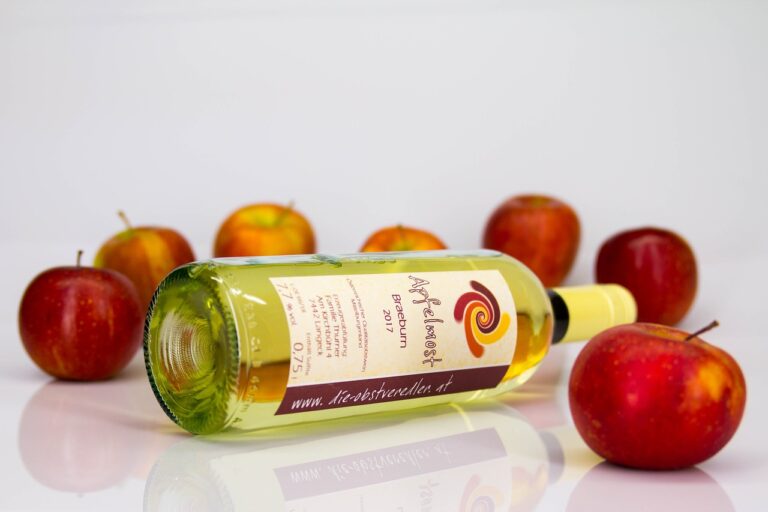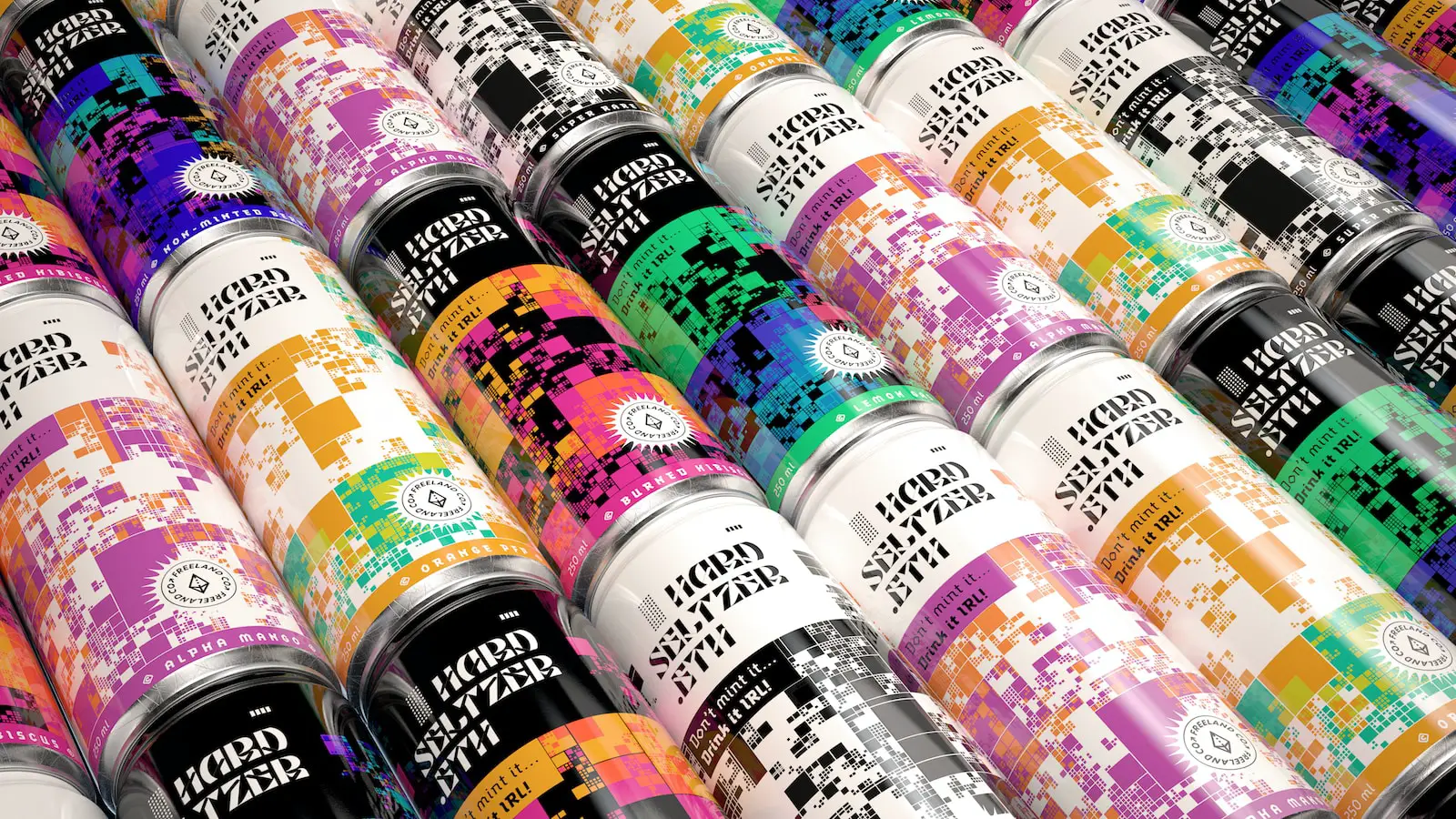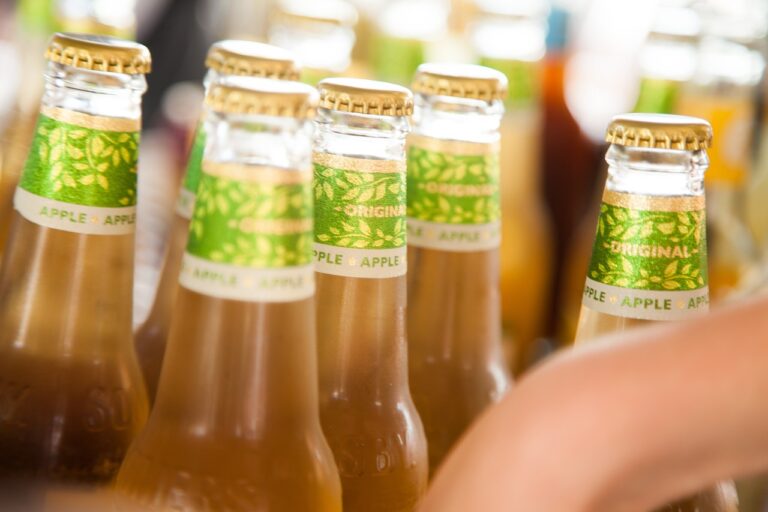When you’re making a cocktail, it’s all about having the right ingredients.
But sometimes, you might find yourself in a pinch with only half the necessary ingredients available.
So, what can you do? Well, if the rum you have on hand isn’t quite what your recipe calls for, can you substitute dark rum for light?
Let’s take a closer look at how to swap dark rum for light and vice versa.
We’ll start by discussing the differences between light and dark rum so that you can decide which type is best for your recipe.
Then we’ll review some tips to keep in mind when making the switch.
Finally, we will provide some alternatives if neither light nor dark rum fits the bill.
With this knowledge, you’ll be able to make informed decisions and achieve your desired boozy results!
Understanding the Differences Between Light and Dark Rum
If you’re a fan of rum drinks and want to switch it up, you may be wondering if light rum can be substituted for dark rum.
After all, they are both made from sugarcane derivatives and often called “rum,” but that doesn’t necessarily mean they can be mixed and matched interchangeably.
Let’s take a closer look at the differences between light and dark rums to figure out the answer.
The main difference between light and dark rum is aging time.
Light rums are generally not aged in oak barrels, whereas dark rums are.
This results in a few key differences in taste and overall quality between the two types of rum.
For example, dark rums tend to have a smooth, mellow taste with notes of caramel or molasses, whereas light rums have almost no flavor other than what was added during production like vanilla or coconut extract.
Additionally, dark rums tend to be more expensive since the aging process takes time and costs money.
When it comes down to it, there is no hard-and-fast rule about when you should use light or dark rum in your drink recipes—it really depends on the flavor profile you’re going for.
If you want a smooth finish with hints of molasses or caramel, opt for the darker option; if you’d rather have a milder flavor with a sweetness that comes from other ingredients rather than the alcohol itself, stick with light rum.
Making Substitutions in Rum Cocktails
When you don’t have any dark rum in the liquor cabinet, you can make tasty substitutions with light or white rum.
Making the switch will depend on the flavor profile of the cocktail and its sweetener—but knowing these similarities and differences between light and dark rum can help you make an informed decision.
Given that light rum is distilled from molasses, it’s a bit less flavorful than its dark-rum counterpart.
It has a delicate sweetness derived from sugarcane, with subtle notes of vanilla and coconut usually brought out during aging.
Light rum is ideal for cocktails like mojitos or daiquiris that call for simple syrup, while dark rum is better suited to drinks in which fresh lime juice is added to create some kind of balance.
The darkness of dark rum comes from aging it in charred oak barrels—which gives it a deeper flavor profile like tobacco and coffee.
Whereas light rums are often considered “weak” compared to their darker counterparts, they actually bring unique nuances to many recipes that require everything from gentle sweetness to rich smoky flavors. With dark rums, use them sparingly—a few drops will do!
Tips for Successful Light Rum Substitutions
If you’re thinking of replacing dark rum with light rum, there are a few things to keep in mind.
Here are some tips to help make sure your substitution yields the best results:
ü Use a Good Quality Light Rum
When it comes to making substitutions, quality ingredients are key.
Look for light rums that are two to three years old as these usually have more flavor.
A good light rum will also have hints of vanilla and oak, so you can use it for sipping and cocktails alike.
ü Get Creative With Your Substitution
If you’re swapping out your dark rum for a lighter variety, why not get creative? Try mixing the light rum with flavorful liquors such as cinnamon liqueur or coconut liqueur to add complexity and depth of flavor.
ü Adjust Proportions According to the Type of Dish
Consider the type of dish you’re making when deciding how much light rum to use.
If you’re using it in a sweet recipe, use a bit less than what you would normally use with dark rum because it is milder.
And if you need an extra kick (for example in spicy Latin dishes), adding some dark spiced rum can be a great way to enhance the flavor.
Light rum is an effective replacement for dark ones, but make sure that whatever you choose — whether it’s light or dark — it’s high-quality so that your dish will taste its best!
Other Substitutes Of Dark Rum
Plenty of substitutes are available in the market for dark rum, you may even have these substitutes already in your house.
1. Brandy
The same amount of brandy can be used instead of rum.
2. Cognac
Cognac would need to be used three times as much as rum.
3. Rum Extract
You would need 2 tablespoons of rum extract for each tablespoon of dark rum.
Conclusion
Overall, while it’s not an exact science, it seems that light rum can work in most recipes that call for dark rum.
Of course, the best thing to do is to adjust the recipe to taste.
After all, once the cocktail is mixed, it needs the right balance of sweetness, bitterness, and flavor, which only you can determine!
Choosing the right rum for any recipe or cocktail usually comes down to personal preference.
Light rum and dark rum each have their own flavor profiles, so even within the same recipe, you can end up with two different drinks.
The best thing to do: experiment and figure out what works best for you, then create your own signature cocktails that your friends and family will love.










